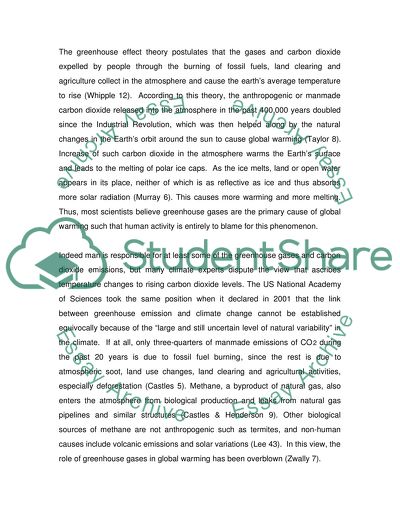Cite this document
(“Global Warming: Debate Continues on Actual Causes and Possible Effects Term Paper”, n.d.)
Global Warming: Debate Continues on Actual Causes and Possible Effects Term Paper. Retrieved from https://studentshare.org/environmental-studies/1505843-global-warming-master-essay
Global Warming: Debate Continues on Actual Causes and Possible Effects Term Paper. Retrieved from https://studentshare.org/environmental-studies/1505843-global-warming-master-essay
(Global Warming: Debate Continues on Actual Causes and Possible Effects Term Paper)
Global Warming: Debate Continues on Actual Causes and Possible Effects Term Paper. https://studentshare.org/environmental-studies/1505843-global-warming-master-essay.
Global Warming: Debate Continues on Actual Causes and Possible Effects Term Paper. https://studentshare.org/environmental-studies/1505843-global-warming-master-essay.
“Global Warming: Debate Continues on Actual Causes and Possible Effects Term Paper”, n.d. https://studentshare.org/environmental-studies/1505843-global-warming-master-essay.


